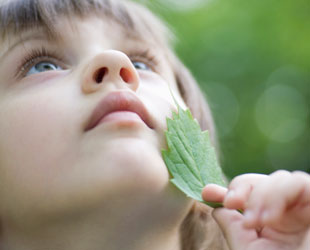Ways to practice Wonder include awareness of senses, curiosity, seeing with the eyes of a child, reading nature poetry, curiosity, recognizing aha! moments, and the specific practices below.
Have a "Wonder Week." Concentrate each day on a different sense: Monday, smell; Tuesday, touch; Wednesday, taste; Thursday, seeing; Friday, hearing; and Saturday, synesthesia (the interplay of the senses). Notice what each sense is drawn to and irritated by. Try to expose your senses to new sensations. Go into a natural food stores, where herbs and spices are stored in bulk, and see how many you can identify by smell alone. Walk barefoot. Assemble a platter of as many tastes as possible: salty, sweet, bitter, bland, etc. Look for odd color combinations. Scan the stations on your radio noticing types of music, modulations of voices, and more.
 A Denizen of Time by W. Paul Jones calls us to live deeply in time in all its richness.
A Denizen of Time by W. Paul Jones calls us to live deeply in time in all its richness.
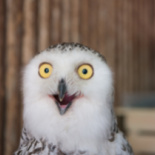 Ahhh! by Frederic and Mary Ann Brussat calls us to celebrate everyday marvels.
Ahhh! by Frederic and Mary Ann Brussat calls us to celebrate everyday marvels.
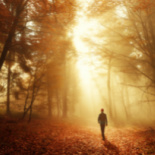 Aimlessly Wandering by Michael Carroll provides instructions for a simple, contemplative wandering practice and being open to surprises.
Aimlessly Wandering by Michael Carroll provides instructions for a simple, contemplative wandering practice and being open to surprises.
 Be Easily Awestruck by Alan Epstein recommends that we treat each idea we encounter as if it came from the wellspring of genius.
Be Easily Awestruck by Alan Epstein recommends that we treat each idea we encounter as if it came from the wellspring of genius.
 Become a Wonderworker by Edward Hays directs us to make the mundane a miracle through good humor and love.
Become a Wonderworker by Edward Hays directs us to make the mundane a miracle through good humor and love.
 Bring Wonder to Your Routines by Bradford Keeney provides suggestions to help you introduce crazy wisdom, surprise, and wonder into your daily life.
Bring Wonder to Your Routines by Bradford Keeney provides suggestions to help you introduce crazy wisdom, surprise, and wonder into your daily life.
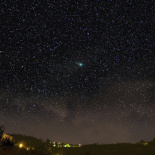 Contemplating the Stars by Pragito Dove suggests we end the day in the universe’s embrace.
Contemplating the Stars by Pragito Dove suggests we end the day in the universe’s embrace.
 Cultivating Wonder by Mark Nepo offers wisdom about care, fragility, strength, and cultivating the seeds of wonder.
Cultivating Wonder by Mark Nepo offers wisdom about care, fragility, strength, and cultivating the seeds of wonder.
 Grounded Aware Presence in Nature by David I. Rome gives us an exercise using focused attention for wandering with wonder.
Grounded Aware Presence in Nature by David I. Rome gives us an exercise using focused attention for wandering with wonder.
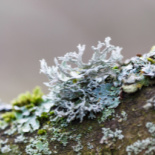 Nine Ways of Observing by Starhawk takes us through nine ways of observing a landscape with wonder.
Nine Ways of Observing by Starhawk takes us through nine ways of observing a landscape with wonder.
 Noticing God’s World by David J. Wolpe encourages us look at the world through the eyes of a child.
Noticing God’s World by David J. Wolpe encourages us look at the world through the eyes of a child.
 The Prayer of the Eyes by Edward Hays directs us to gaze prayerfully, with loving adoration and wonder, upon whatever is directly in front of us.
The Prayer of the Eyes by Edward Hays directs us to gaze prayerfully, with loving adoration and wonder, upon whatever is directly in front of us.
 The Speechless Wonder of Awe by Edward Hays invites us to slow down and be awed by the commonplace.
The Speechless Wonder of Awe by Edward Hays invites us to slow down and be awed by the commonplace.
More Spiritual Practices about Wonder
